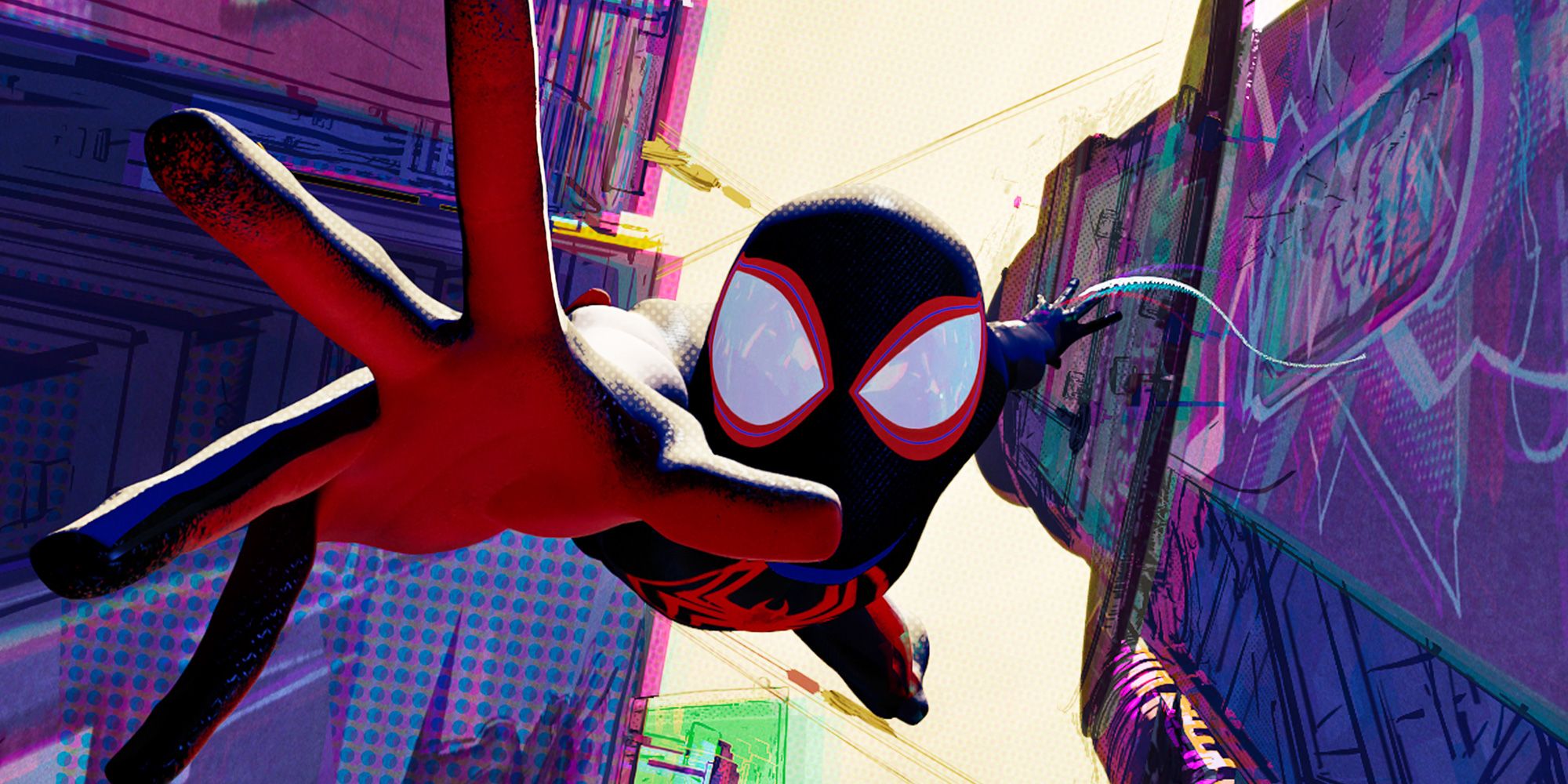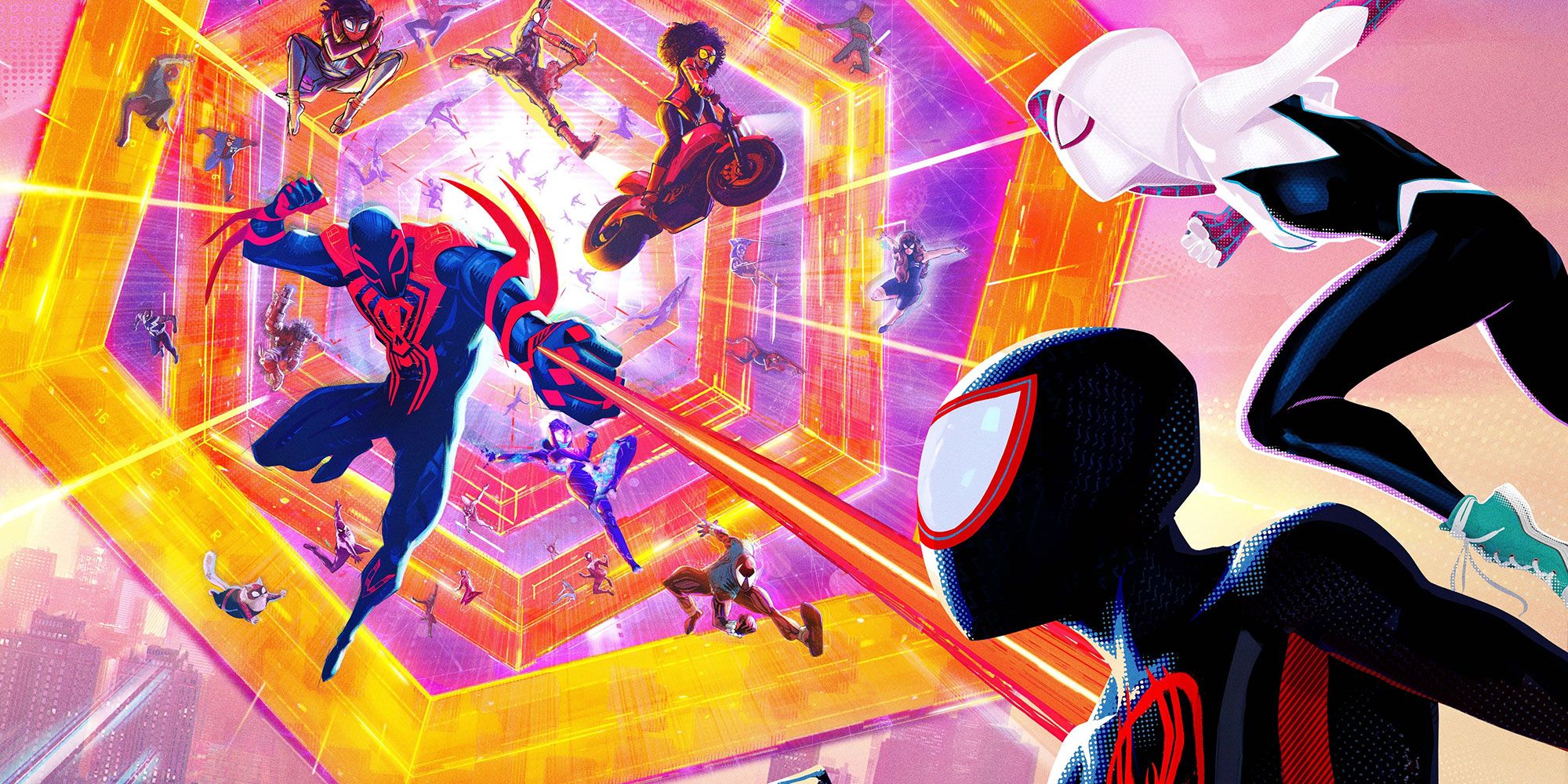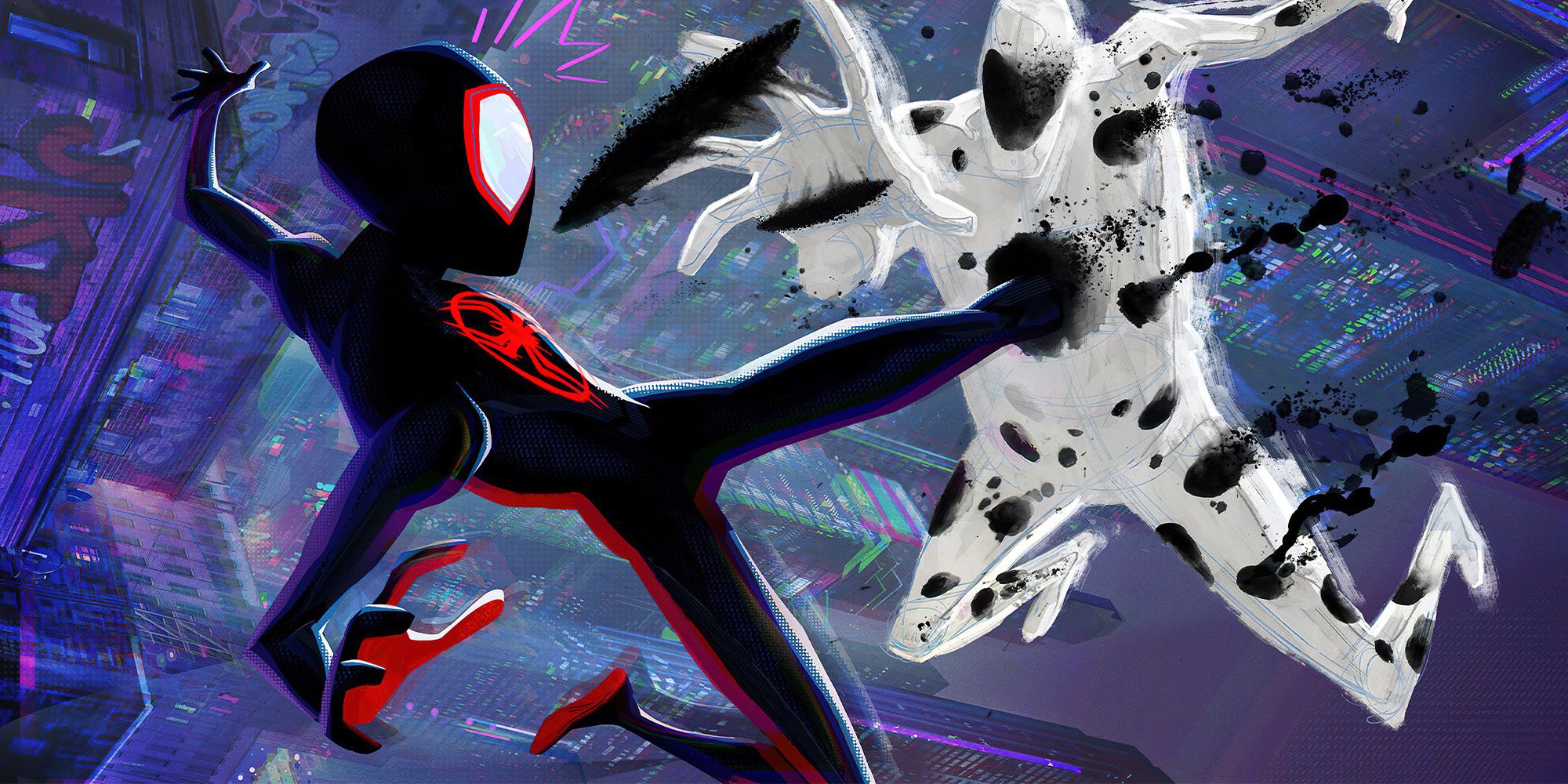Highlights
- The plot of Across the Spider-Verse revolves around the origin story of Spider-Man and explores asks whether a tragic event must always happen to incite the Spider-Man story.
- Across the Spider-Verse introduces the concept of 'canon events' in the multiverse, raising questions about the true nature of the multiverse and whether Miguel O'Hara's belief is correct.
- This film breaks from traditional superhero narrative norms and urges storytellers to take creative liberties, signaling a call for change in the industry.
I'm pretty sure I'm not the only one who feels like we're living in a Spider-Man golden age. Among the many original Spider-Man stories being produced lately, the most recent one was absolutely exemplary.
Spider-Man: Across the Spider-Verse is one of the few movies that left me completely perplexed and in awe at the same time. I reached a point in the movie where I desperately didn't want it to end, yet I knew the end was imminent. I recognize that they're doing the movie justice by making it a two-parter, but what stood out to me the most about Across the Spider-Verse wasn't the cliffhanger, nor the unique visual style or the great voice performances; it was the essential device that moves the story.
The very first scene in Into the Spider-Verse is an introduction to Peter Parker's origin story. It's quite a famous one, having been done in three different sets of movies and a multitude of other series and games. As a running joke, you get to see that scene again with the introduction of Peter B. Parker and again with Gwen Stacy. Despite all their differences, they share the same grief of losing someone close to them, most famously Uncle Ben.
Every time this particular event happens, it instantly cements itself as the eye-rolling moment of the story (on par with Bruce Wayne's parents getting shot in that alley (I know, I'm a cold-hearted bastard)). Into the Spider-Verse glanced at this moment with the death of Aaron Davis, but little did I know that Aaron was not all that Miles was lined up to lose.
From the marketing material, I didn't really get a solid picture of what the story of Across the Spider-Verse was about. The role of Spider-Man 2099 (Miguel O’Hara) seemed especially unclear as the first trailers painted him as the main antagonist. So it was a surprise to learn that The Spot is the actual villain of the movie, and it was even more of a surprise to know that the plot revolves around the origin story of Spider-Man—or, more precisely, the events that need to happen for Spider-Man to become Spider-Man.
During its runtime, Across the Spider-Verse doesn't just tackle the question I've been persistently asking since I first encountered Spider-Man—does an uncle/aunt/father have to bite the dust with each radioactive spider bite?—but the whole plot centers around this very question. In the Spider-Community's HQ, Miles learns that his father is about to die in a tragic event caused by The Spot. And according to Miguel, Miles' father's death is a 'canon event' that shouldn't be disrupted so as not to destroy the multiverse.
Miles is probably the first Spider-Man to discover that his father is about to die in a tragic event beforehand. So understandably, Miles wasn’t too happy with Miguel's choice to withhold this information from him. And he was even more pissed when he learned that the Spider Society, especially Gwen and Peter, knew about it and expected him to let his father die. The whole 'canon event' shtick was enough to revive my interest in this most trotted-out of origin stories.
And this is coming from someone who’s usually quick to lose interest in multiverse stories. Sometimes, playing around with the multiverse generates plot contrivances and problems that create tons of plot problems. Take Spider-Man: No Way Home, for instance. While it was an ultimately fun experience, it didn't explain how the multiverse really worked in the MCU mythos, and that left a bit to be desired.
Since the multiverse is the main attribute of the Spider-Verse movies, it’s inevitably going to take some time to establish how it works in this world. Across the Spider-Verse introduced this sort of meta-concept of canon events in the multiverse, and it left me with many questions, chief among them: is Miguel O'Hara really right about 'canon' events having to play out? There's plenty of space to theorize that he's mistaken.
Can you imagine if all of these attractive plot points and engaging theories branched from the creative decision to do something a little more satisfying about the on-screen and on-paper deaths of Uncle Ben? Into the Spider-Verse was an out-of-the-blue call for change and advancement in its visual medium. And while Across the Spider-Verse advances even beyond its predecessor in the technical field, I think it is the second unforeseen call for change in the industry—urging storytellers to break from the traditional superhero narrative norms and take some creative liberties in crafting their tales.
I was never as excited about a sequel as I am for Beyond the Spider-Verse. It's unfortunate that it had to be delayed indefinitely as a result of the SAG-AFTRA and WGA strikes, but the cause of that delay is one I can get behind, so no issues there. Seeing as it could well be the best Spidey flick ever, I reckon it’ll be worth the wait.



